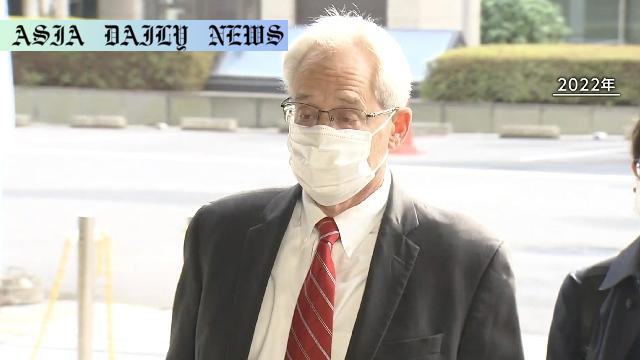Nissan: Tokyo High Court upholds suspended jail sentence for former Nissan executive over underreporting Carlos Ghosn’s pay.

Nissan Scandal: Investigating Greg Kelly’s Role
The recent verdict from the Tokyo High Court has once again thrust Nissan’s corporate controversies into global headlines. At the center of this legal saga is Greg Kelly, a former Nissan executive, who was accused of conspiring with the company’s ousted chairman Carlos Ghosn to underreport executive pay for several years. While Kelly maintains his innocence, the court upheld the district court’s sentence, leveling him with a six-month prison term, which is suspended for three years.
The Allegations and Legal Context
Kelly was charged with violating the Financial Instruments and Exchange Act of Japan. Prosecutors alleged that together with Ghosn, he schemed to downplay Ghosn’s remuneration in company filings from fiscal 2010 to 2017. The Tokyo District Court had previously acquitted Kelly on charges for the earlier seven years but found him culpable for fiscal 2017, leading to a conditional sentencing—an outcome now reaffirmed by the Tokyo High Court.
Court’s Justification and Evidence
Presiding Judge Karei Kazunori put substantial weight on testimony from a former Nissan chief secretary, who had entered a plea bargain with prosecutors. This individual claimed that he and Kelly worked to understate Ghosn’s pay. The court deemed this testimony credible, especially since it was reinforced by existing documentary evidence. The judge highlighted the transparency with which the district court assessed these testimonies.
Defense Response and Planned Appeal
Despite the court’s ruling, Kelly’s defense continues to challenge the credibility of the prosecutor-backed testimony. They argue that the plea bargain likely influenced the chief secretary’s statements. The defense team has already indicated plans to appeal, underscoring their belief in Kelly’s innocence and potential misjudgment in the handling of the evidence.
The Carlos Ghosn Angle
Adding further intrigue to this case is Carlos Ghosn, who served as Nissan’s chairman until his dramatic downfall. Ghosn was also arrested and indicted on similar charges but managed to escape from Japan in 2019, fleeing to Lebanon in one of the most audacious corporate scandals of our times. This turn of events has cast a larger shadow over the credibility of Nissan’s corporate governance and the involved parties’ accountability.
Implications for Corporate Governance
This case has far-reaching implications for corporate governance, particularly in Japan. It underscores the need for transparency in executive remuneration processes and ethical leadership. The trial has also sparked debates about precedence in holding senior executives accountable, irrespective of their influence within multinational organizations.
The Road Ahead
As Kelly’s defense pursues further appellate options, the case continues to ignite discussions about justice, corporate accountability, and due legal processes. With Carlos Ghosn out of the legal jurisdiction of Japan and Kelly facing prolonged legal battles, Nissan’s efforts to rebuild its image and governance will likely remain under scrutiny for the foreseeable future.
Commentary
The Complex Web of Corporate Accountability
This ruling by the Tokyo High Court offers a critical window into the intricate dynamics of corporate accountability. Greg Kelly’s verdict, although riddled with complexities, hints at an attempt by the Japanese judiciary to address lapses within Nissan’s leadership. While Kelly’s defense continues to assert his innocence, the court deemed the testimony and evidence against him credible. This decision reflects the judicial system’s nuanced approach to balancing individual testimonies against documented evidence.
Lessons Learnt from the Carlos Ghosn Saga
This legal drama cannot be discussed without mentioning Carlos Ghosn’s audacious escape to Lebanon—a move that disrupted traditional notions of corporate justice. While Ghosn’s case has evaded resolution within Japan, the implications for future investigations into corporate malfeasance are clear: robust safeguards are needed to prevent executives from circumventing due process.
Implications for Global Multinational Corporations
This case underscores the importance of transparency and governance across multinational corporations. Nissan’s reputation suffered substantially due to these allegations, highlighting the risks of mismanagement at the executive level. In today’s globalizing economy, companies must emphasize accountability and foster corporate cultures resistant to ethical breaches.
Concluding Thoughts
While the Tokyo High Court’s ruling offers closure on Kelly’s charges, it also opens up broader conversations about the future of corporate oversight. Whether through robust compliance mechanisms or vigilant board scrutiny, businesses must learn from such episodes to navigate leadership responsibly. As the legal proceedings continue to unfold, stakeholders are reminded of the vital role credibility plays in rebuilding trust both internally and with the public.


